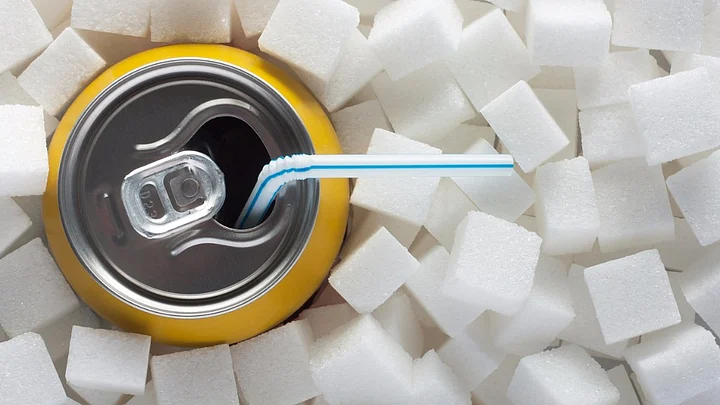Remember the smooth-talking tobacco lobbyist Nick Naylor from 'Thank You For Smoking' and his clever manoeuvre to defend the cigarette industry?
Turns out, sugar is now the new tobacco with its almost hazardous and unique “metabolic, physiological and hormonal effects” according to The Economist report. Unfortunately, it too has powerful lobbies backing the sugar-based industry.
Over the past decade, American science writer and author Gary Taubes has spelled out the ills of sugar. In his book, The Case Against Sugar, he points out that dietary fat has been repeatedly named as the underlying cause for obesity and hypertension among individuals. But, that is not the case.
Sugar is the real culprit, he says, but a scientific research, funded by the sugar industry, has successfully linked fat with major heart issues.
The ‘Precious Product’
In China, diabetes was considered to be non-existent till the turn of the 20th century but now, 11.6 percent of the adult population suffers from it.
The “precious product” of the 11th century turned into a cheap staple in the 19th century with food firms binging on it. It's ubiquitous presence in almost every food/drink product which is packaged and branded in the most luring manner is nothing less than toxic.
Even cigarettes are laced with it as it apparently produces less irritating smoke.
More Sugar?
In the 1960s, University of London nutritionist John Yudkin had proposed that obesity, diabetes and heart disease were linked to sugar intake. His evidence, which even he acknowledged as incomplete, was trashed as a "mountain of nonsense" by a prominent American researcher, Ancel Keys.
Keys’ work on dietary fat being the main perpetrator of coronary diseases was funded by the Sugar Association for years. Yudkin, after his retirement in 1971, was replaced with a dietary fat theory advocate.
The case against sugar is gaining traction though, the report informs. The World Health Organisation, in October this year, urged all countries to impose a tax on sugary drinks. Mexico had already done so in 2013. In America, cities including Chicago, Philadelphia and San Francisco are following suit. Britain will implement a soft-drink levy in 2018.
India, according to Food and Agricultural Organisation, was the second largest producer of sugar with 3,41,200 thousand metric tonnes in 2015.
In 2013, there were almost 60 million diabetic patients in India. The nutritionists and dietitians have put forth serious concerns but the Union Health Ministry is yet to act on devising regulations for advertisement campaigns of packaged sugary beverages or foods. No steps have been taken to raise taxes on such products.
(With inputs from The Economist)
(At The Quint, we question everything. Play an active role in shaping our journalism by becoming a member today.)
